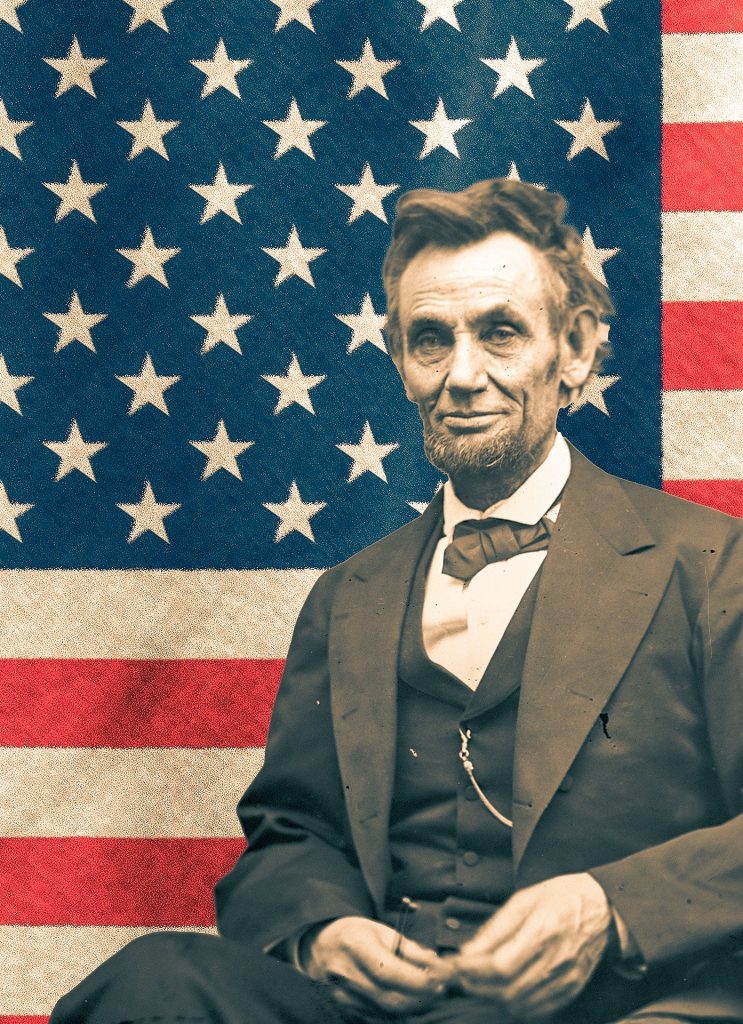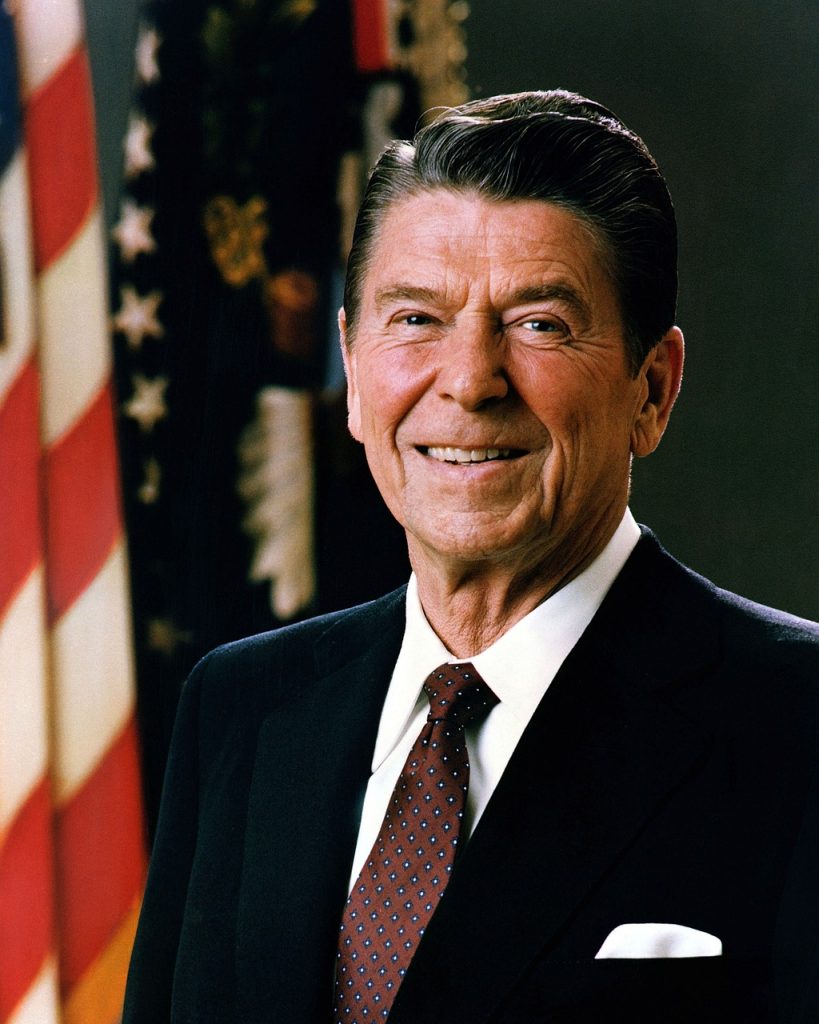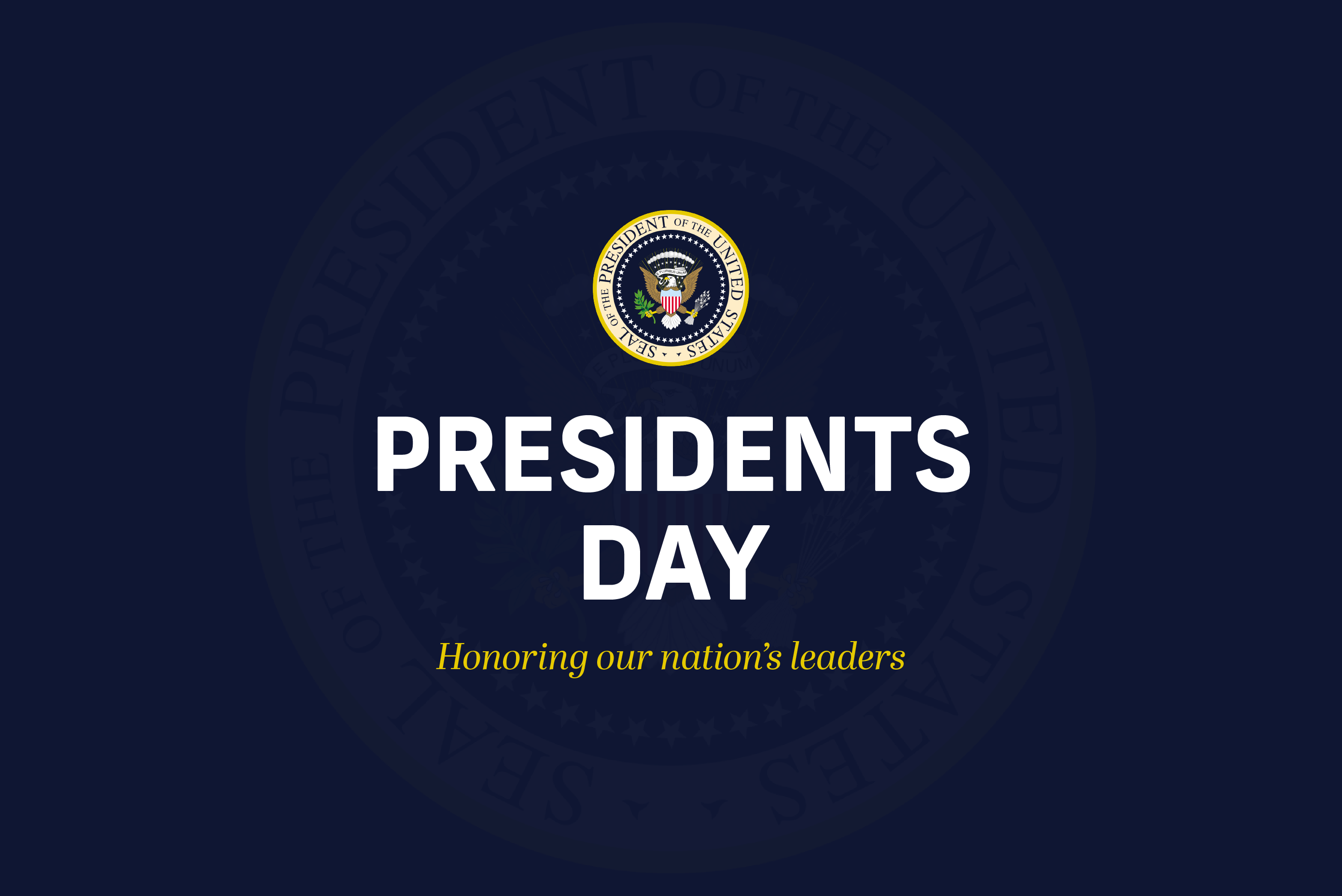Presidents Day is a day of recognition set aside for remembering the lineage of elected officials who have boldly led our nation. While Presidents Day is celebrated all across the country and recognizes presidents born in many parts of our nation, it would be remiss not to acknowledge the significant contributions to the United States’ presidential history made by those who hailed from Illinois, aptly known by its State slogan: the “Land of Lincoln.”
Illinois’ contributions to the ranks of presidents begin chronologically with Abraham Lincoln. Originally born in Kentucky, Honest Abe moved to Macon County in the free state of Illinois at the age of 21 and settled with other family members in Coles County just a year later. Lincoln’s prominent career as a legislator first began in the Illinois General Assembly where he served as a member of the House of Representatives for eight years before successfully running for Illinois’ 7th Congressional District and serving for one term.

Following the passage of the Kansas-Nebraska Act of 1854, which allowed the two then-territories to decide whether or not they should allow slavery, Abraham Lincoln became vocal about his distaste for slavery, which he described as a monstrous injustice in his debate against his Democrat Senate opponent, Stephen A. Douglas. Despite losing the Senate race, Lincoln’s bold stance against slavery gained him national recognition and ultimately guided him to a seat in the Oval Office after defeating John C. Breckinridge in the 1860 Presidential Election.
President Lincoln’s successes in office are best exemplified through the passage of the Homestead Act, which facilitated the rapid expansion of the West, the Emancipation Proclamation, which declared all enslaved people in Confederate territories as free, and the Thirteenth Amendment, which abolished slavery. Lincoln’s advocacy for all of these, his unforgettable speeches, and his leadership during the Civil War have led many to consider the 16th President as the greatest to ever run the country.
The next elected President of the United States was also an Illinoisan and a prominent figure in the fight against the Confederacy. Ulysses S. Grant, originally from Point Pleasant, Ohio, moved with his family to Galena, Illinois in the spring of 1860, just one year before he began serving as colonel of the 21st Illinois Volunteer Infantry Regiment in the Civil War. Over time, Grant’s unmatched leadership and strength in battle earned him several military promotions and, in 1864, was appointed lieutenant general of the United States Army, ultimately leading the Union to a decisive victory in the year that followed.
As President, Ulysses S. Grant worked tirelessly to build upon the efforts of President Lincoln when it came to ensuring freedom for all Americans and was instrumental in enforcing civil rights following the war. During his presidency, which lasted from 1869 to 1877, Grant oversaw the passage of the Fifteenth Amendment, which granted African American men the right to vote, helped facilitate Reconstruction efforts in the South, and played a critical role in getting the Civil Rights Act of 1875 passed.

The Prairie State’s run of excellent Presidents only continued following the 1980 Presidential Election, when Ronald Reagan, born in Tampico, Illinois, won a decisive race against incumbent President Jimmy Carter. Raised in Dixon, Reagan went on to attend Eureka College before working as a sports broadcaster for the Big Ten Conference and the Chicago Cubs. Reagan’s broadcasting talent ultimately led him to a successful acting career and a life in California.
After many years on the silver screen, the charismatic actor set his sights on politics and successfully ran for Governor during the 1966 California Gubernatorial Election. As Governor, Reagan placed a strong emphasis on fiscal conservatism which came about through tax cuts and limited government spending, and law enforcement by breaking up organized crime groups and imposing tougher sentencing laws.
Reagan’s success as Governor from 1967 to 1975 laid the groundwork for what was ultimately an incredibly successful Presidency. During his two terms in the Oval Office, the President was perhaps best known for cutting taxes for both individuals and businesses, deregulating a number of industries, and cutting back government spending, a process known by many as “Reaganomics.” These fiscal policies ushered in one of the most economically successful periods in our nation’s history, earning the 40th President recognition as one of the most successful to ever hold office.
In the 21st Century, Illinois has already seen representation in the White House following the election of 44th President Barack Obama. Originally from Hawaii, Barack Obama moved to Chicago after graduating from Columbia to work for the Developing Communities Project. In 1997, Obama began his political career serving as an Illinois State Senator for the 13th District and went on to serve as a Senator at the federal level, representing Illinois in Washington from 2005 to 2008. After two terms in the Senate, Obama announced his bid for the Presidency and subsequently beat out Mitt Romney in the 2008 Presidential Election, becoming our nation’s first African American President.
Illinois’ contributions to our nation’s Presidential history are nothing short of profound. A timeline that began with a leader who oversaw the passage of the Thirteenth Amendment has been most recently supplemented with the election of our nation’s first Black President. Today, let us celebrate all of our presidents’ hard work and leadership and cherish those who lived their lives right here in Illinois.
